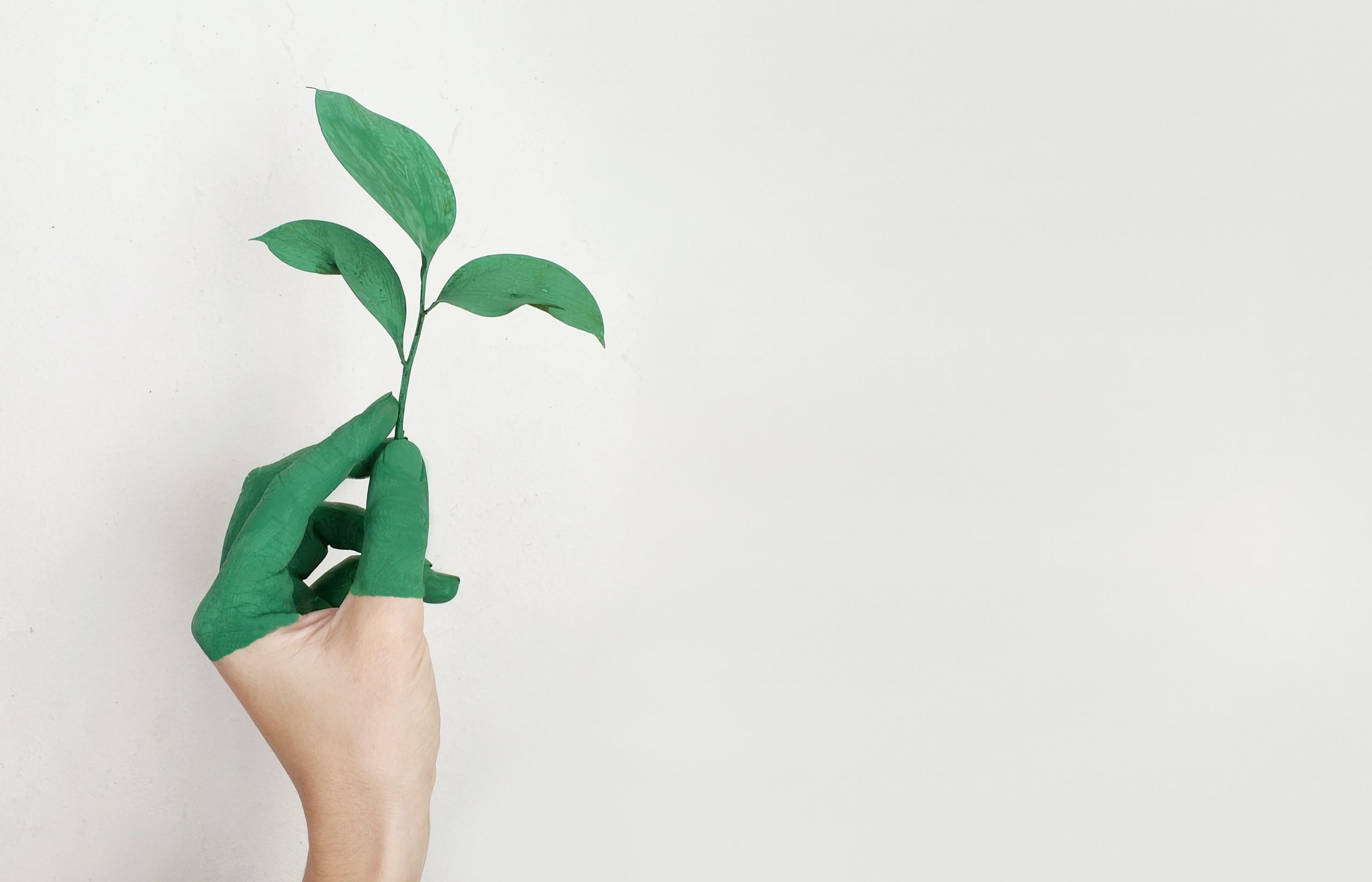RREUSE response to the Commission’s consultation on a social economy ecosystem transition pathway

Ensuring a green transition towards a sustainable industrial ecosystem doesn’t come without challenges. Social enterprises that are active in the circular economy are directly contributing to this purpose and are attempting to overcome barriers that are still in place. The lack of financial support mechanisms and cohesive legislative frameworks on a regional and national level that focuses on combining both social and environmental objectives are only some of the barriers that highlight the need for further action. By 2026 – a coherent link between the EU’s future revised Circular Economy Action Plan (CEAP) and SEAP in the form of specific actions supporting social enterprise in the circular economy.
According to RREUSE, the following points are some output scenarios for 2030 that would benefit the development of a green proximity and social economy industrial ecosystem.
1. By 2026 – a coherent link between the EU’s future revised Circular Economy Action Plan (CEAP) and SEAP
in the form of specific actions supporting social enterprise in the circular economy.
2. By end of 2025, specific social/circular targets at EU level, for example within the EU’s waste framework
directive e.g. re-use targets with job creation targets.
3. By 2025 national funding instruments introduced supporting operations of national/regional level social
enterprise equivalent to NGO operating grants under EASI / ESF+.
4. Next EU budget 2028 – 2035, 10% of all relevant EU funding lines, as listed within the SEAP, should be
dedicated to supporting the development of social economy actors in the green and digital transitions.
5. By 2030, new circular and social ventures between social enterprises, private, public sector as well as
academic institutions.
6. By 2025, greater flexibility in MS with regards to labour market integration policies linked to activities
directly contributing to the green transition, such as re-use and repair. For example, some WISEs face
challenges with the duration of support for work placements while others face inflexible rules which hamper
innovation and boost job creation.
7. By 2025, the introduction of funding programmes in all MS on circular skills + flexible VET schemes to meet
social enterprises’ ambitions and facilitate partnerships between traditional and higher-level educational
bodies to integrate green skills in educational programmes, map and address skills shortages, and establish
uniform criteria for awarding certifications for future employability in the circular economy.
8. Annual increases in the use of mandatory social criteria in the procurement of environmental services by
public and private bodies.
9. Increased partnerships between social enterprise re-use actors and housing associations/authorities
10. By 2030 – the EU procurement agenda becomes fully holistic in nature, combining both social and
environmental objectives.

